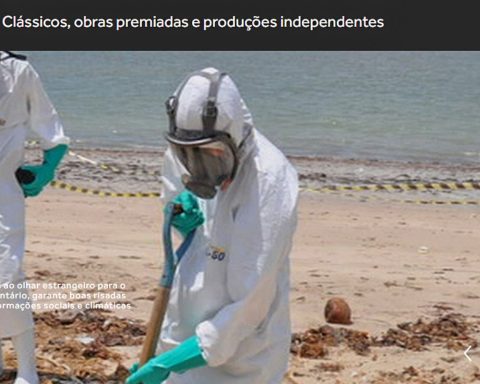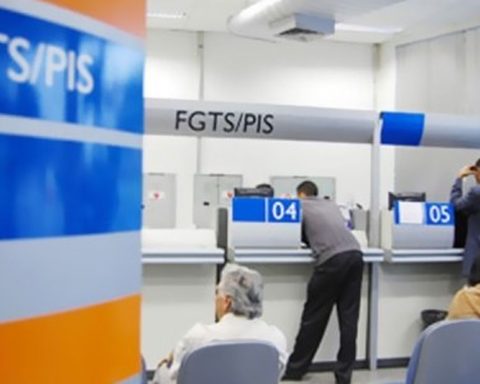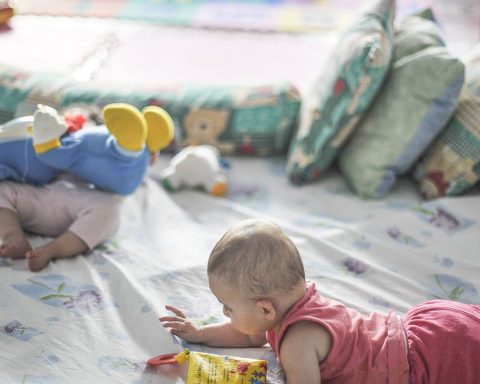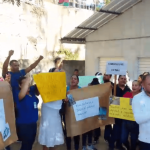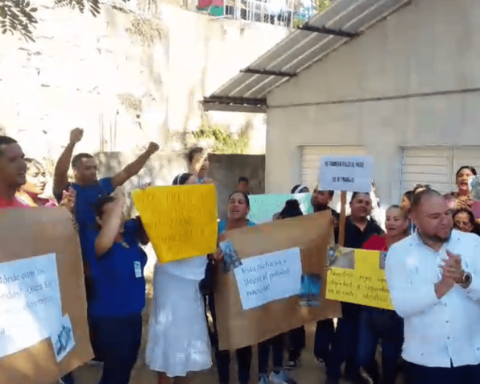Not all stories start with the “once upon a time”. Each story is unique and thus fits the plural. In the plural, Joanna de Paoli, 37, a professor of chemistry in Brasília, who has also become a researcher on the theme of inclusion and special education, understands well. The biggest lesson of her life came from her own home, after her son was diagnosed with this condition. Teacher, researcher, mother, she taught the boy, now 15 years old, that reading and books could be good companions.
“He’s always clinging to the books he likes every day”, testifies his mother. In the family history, like the books, real life made the researcher dive into other landscapes. “My son gave me an opportunity to experience another world. My son’s autism showed me that the difficulty in communication and socialization is not just autism. On the contrary, it is for society to communicate with him, and for everyone to communicate with each other”.
The researcher argues that the inclusion of people with disabilities, with autism or any other specific need, has the perspective of having access to culture in its fullest form. And that includes literature. “Literature also needs to be made by people with disabilities, about people with disabilities and be accessible to these people”.
After all, literature is made of imagination. Therefore, according to the researcher, it is better that children have access to the pages of a book as soon as possible. “Where your horizon expands, the sooner you start reading to children and they seek new meanings about the world (whether they have a disability or not), the greater opportunities that person will have to expand their life experiences”. This includes creating affective bonds, organizing emotions, thinking about and respecting the differences that exist between each of us.
The boy saw his mother also clinging to books and soon fell in love with reading works by authors such as, for example, the Brazilian writers Ana Maria Machado (with Pretty girl with ribbon bow) and Ruth Rocha (Good morning, all colors). She argues that real inclusion is done by not excluding. Everyone must be in the same environment, not isolated. “Inclusion involves diversity. Therefore, people must be together because society is diverse. People with disabilities need to participate in all spaces with everyone else, with or without disabilities.”
Giant letters and peace
From this perspective, an inclusion project in the Federal District called Letrinhas da Paz has sought to integrate children with a disability with other children. The creator of the social project, Lyara Apostoólico, says that the goal is to sensitize and educate an early childhood readership with hearing, visual, motor and mental disabilities.
“At the last International Book Biennial in Brasília alone (in October last year), 350 children participated in awareness-raising activities and playful meetings. Currently, the project has tried to train education and social assistance professionals in the DF in innovative methodologies for reading with children with disabilities”, says the activities coordinator.
The initiative was successful and was contemplated by the Culture Support Fund (FAC), in the Early Childhood category, having received resources of R$ 194.7 thousand.
“Loving Mediation”
Lyara Apostolico argues that every book can be accessible. “But for that, loving mediation is needed that works with a set of creative stimuli. More than reading mediators, inclusive children’s literature requires the work of storytellers”, points out the creator of Letrinhas da Paz, a specialist in social projects.
One of the books used by the project was the Red ball, by Vanina Starkoff. “How to tell the story of a red ball to a visually impaired child?”. From this challenge, we created a game with textured balls, which made the children experience, in a playful and affective way, the same logic presented in the book”.
For her, children’s books must be inclusive not only in relation to disabilities, but also in relation to social and human diversity. “Childhood is dominated by white, fragile and defenseless princesses, by unique aesthetic standards, by the spread of gender behaviors and, often, stereotypes that have been perpetuated for generations”, she ponders.
booklets in the bathtub
To break with the stigmas, the former sales promoter Edna Rocha Lima, 39 years old, resident of Montes Claros (MG), went to the faculty of pedagogy when she found out that her son was diagnosed with autism. The boy, who is now 12 years old, has been encouraged since his baby bath days to handle plastic books.
The stories of ducklings and other animals made the boy become, today, a “voracious reader”, which helps him to code the world, which is not always so understandable. His mother was called to form a pedagogical support team in the city. “I can help other people too with what I study and what I’ve learned”.
The boy has the partnership of his younger brother, 8 years old, companion of readings and life. “I prefer action stories,” he says over the phone to Brazil Agency. But adolescence has already encouraged him to read the entire series Diary of a Wimpy Kid (by Jeff Kinney) and books that leave the ending open ended. After all, not everything can be explained with “once upon a time”.
